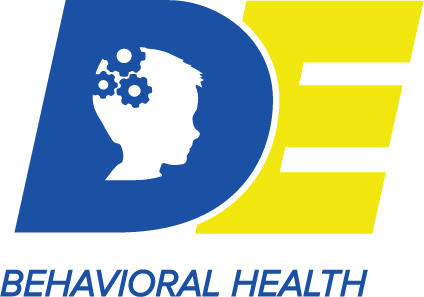Frequently Asked Questions
You have questions, we have answers! Please see below for clarity on a few commonly asked questions. We also have resources for Spanish-speaking individuals. If you need more info, please do not hesitate to contact us!
Understanding insurance coverage can be very challenging. After you schedule your first session with our intake coordinator, our staff will contact your insurance provider for verification of your coverage, and gather as much information as possible about coverage, deductibles, and copayments. Please know that the information we are given is not always accurate, so the best way to be sure is for you to also check with your insurer for details. As you may expect, parents (or the guarantor of payment) are ultimately responsible for payment. We will communicate with you about any concerns, and please contact us if you have questions about your bill. Like most providers, we require payment of deductibles and copays at the time of service. For ABA treatment, we do offer payment plans as needed. For psychological testing, with families who have a high deductible or limited insurance coverage, we offer a three-step payment plan to make testing more accessible. If at any time during treatment your insurance changes, it is essential that you let our staff know immediately, so that we can bill correctly and prevent unexpected costs from surprising families.
After scheduling with our intake coordinator, our psychological assessments typically involve three steps on different dates.
First, an intake session for parents (sometimes can include older teens if preferred) is conducted to get a thorough understanding of concerns, full background and developmental history, and goals of testing, as well as answer any parent questions about the process. An individualized assessment plan is then developed. You may be given clinical questionnaires for parents or teachers to complete for the next session.
The second step is the actual testing session, usually scheduled within a few weeks of the intake. For children, parents are part of the transition to make sure children are comfortable with the setting. For very young children, parents may be asked to stay with the child during the assessment. Our psychologists intentionally work to make the process as fun as possible. The assessment can take a few hours, but breaks for resting, checking in with parents, movement, or snacks are provided to help keep children engaged.
The third session is a parent feedback session (again can include older teens if parents desire), which typically occurs about 2 weeks following the testing. At this meeting, the psychologist will go over the results of testing in detail, provide you with a detailed written report, share any diagnostic conclusions, and discuss recommendations for next steps. Questions from parents are welcome and expected at this session, as we want you to fully understand the results and recommendations for your child.
As you may know, getting started in ABA therapy can involve several steps, much of it related to getting services authorized. Our ABA intake staff will gather information from you and share specific steps with you right from the initial phone call. We will help you through the process of getting started with an ABA assessment by connecting you to one of our Board Certified Behavior Analysts. Following the assessment, this clinician will review the proposed treatment plan with you and submit the documentation needed to request insurance authorization for treatment. We want you to feel supported throughout this process, so we will communicate often and welcome your questions at any point in the process.
As ABA therapy is a one-to-one service, and an intensive intervention, providers like DE are continually onboarding and training highly qualified staff in order to add new children to our services. Because we hate to have families waiting for services to start, DE has streamlined our process through years of experience, and are very proactive in obtaining staff to help children get started as soon as possible.
As you may expect, this varies highly by the child’s age, treatment goals, and particular treatment approaches. Interventions with younger children typically include a play component, and all ages have access to our sensory and movement play areas as needed. With older children, sessions usually include more talking and practicing of skills – in an empathic and safe setting. Depending on parent preferences and treatment goals, parents are often included in at least part of the session. The interventions provided in every session will be aimed toward specified treatment goals, and you will be involved in setting those goals from the start of treatment. Please feel free to ask the therapist about goals and progress at any time.
Yes, our staff can provide services virtually when needed and appropriate. Client age and treatment goals will often help determine whether virtual appointments would be effective. With younger children, we’ve found that virtual sessions are usually not as effective. Also, most testing services require in person sessions, although virtual parent meetings can be an option.
We know that this form can take some time for parents or individuals to complete. We see your time as valuable, so we work to make sure our forms contain only important information. Some information is required by insurance companies, but much of the information is for our staff to have significant information about the client’s background and history, as our goal is to understand your child as much as possible.

